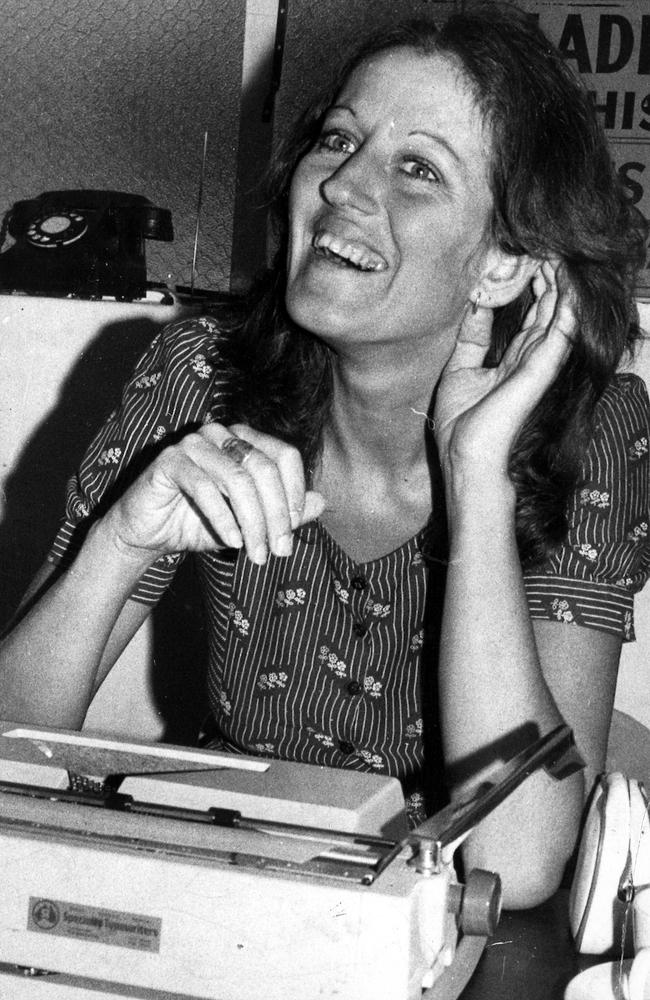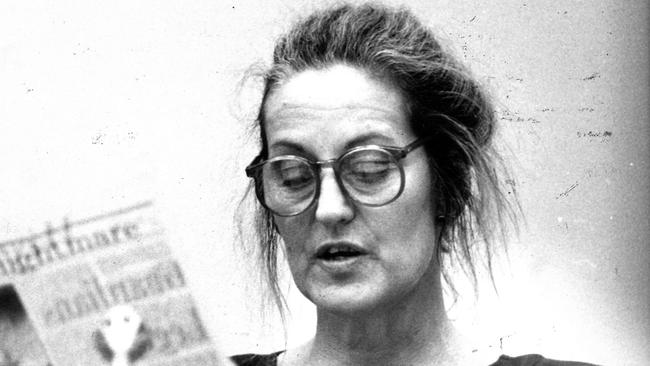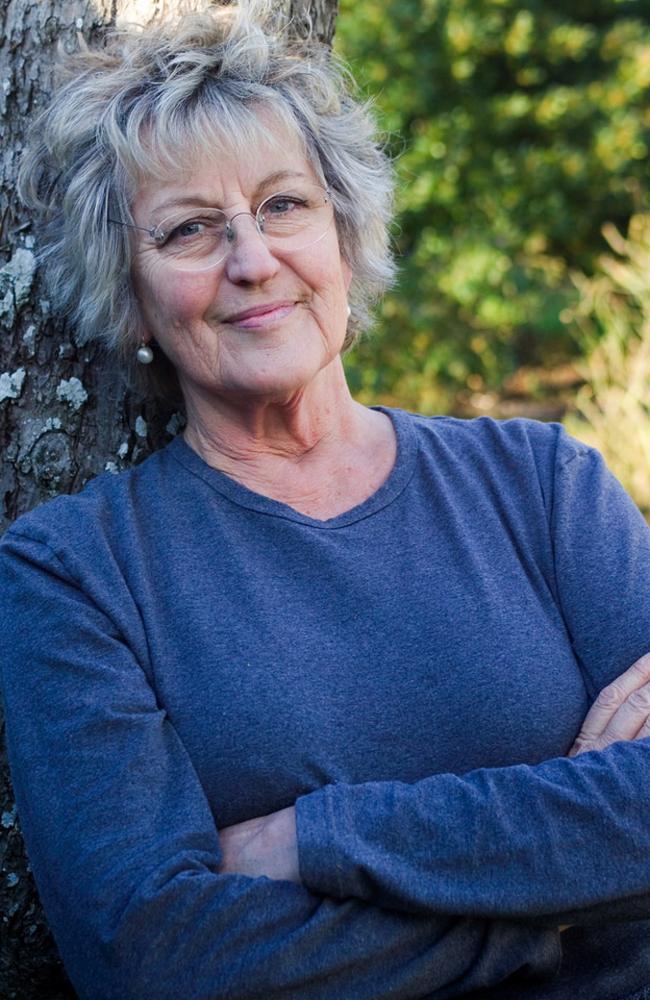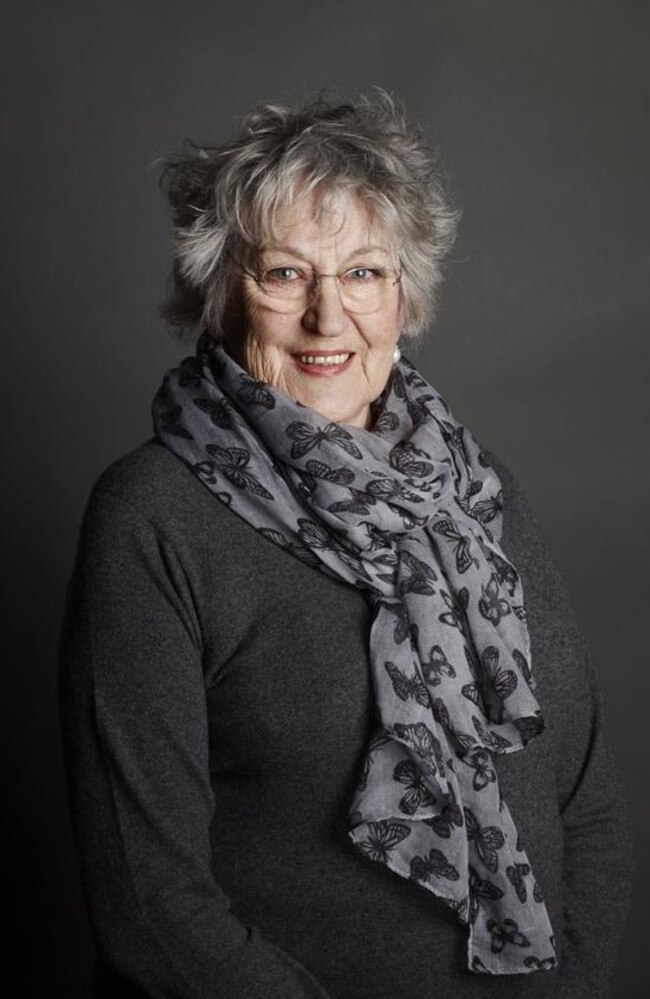Germaine Greer: A fearless feminist intellect and trailblazer
She’s the world’s most recognisable feminist — a fearless provocateur who’s defied categorisation and been called everything from a ratbag to a towering intellect.
She’s the world’s most recognisable feminist — a fearless provocateur who’s defied categorisation and been called everything from a ratbag to a towering intellect.
But there’s no denying Melbourne-born Germaine Greer, who turns 80 next Tuesday, has been one of Australia’s most influential figures, a catalyst for changing the lives of millions of women around the world.

MORE NEWS:
Earlwood road ragers: ‘It was self defence’
Incredible choke: What went wrong for Serena
Magistrate slams drug users: ‘People are dying’
According to US social critic and academic Camille Paglia, Greer is one of the “emblematic women of the 20th century” who, like Jane Austen, permanently “redefined female intellect”.
“Feminism would not have gone so wrong so fast had Greer retained the exuberant, slashingly satirical, all-conquering and openly libidinous persona of her international debut after the publication of her first book, The Female Eunuch, in 1970,” Paglia says.

Greer had a stay-at-home mum who had given up her job as an apprentice milliner to marry and a father who worked as an ad salesman.
Early on she was recognised for her intelligence, winning a scholarship in 1952 to a convent school.
Her teachers were a forward-thinking order of strong nuns, who distinguished themselves for being prepared to confront male authority and credit independent thought. One school report noted she was “a bit of a mad-cap”.

Greer’s university thesis won her a Commonwealth Scholarship, which she used to fund her doctorate at Cambridge and has remained mostly in the UK ever since.
In her 50 years of public life Greer has managed to shake establishment thinking on a range of subjects, from women’s rights to Shakespeare, from transgender issues to menopause.
She’s written more than 20 books including her classic The Female Eunuch, which turned her into an instant world famous celebrity and became a rallying cry for women.
The book urged women rid themselves of the shackles of male approval, to “do what you want and want what you do”.

At the time the book was more popular with ordinary women than feminists, with its central premise that “castrated” women should look to their own minds and bodies to assert female power before trying to change the world.
Recently, Greer has been targeted by transgender activists over her views that transgender women are “not women”.



